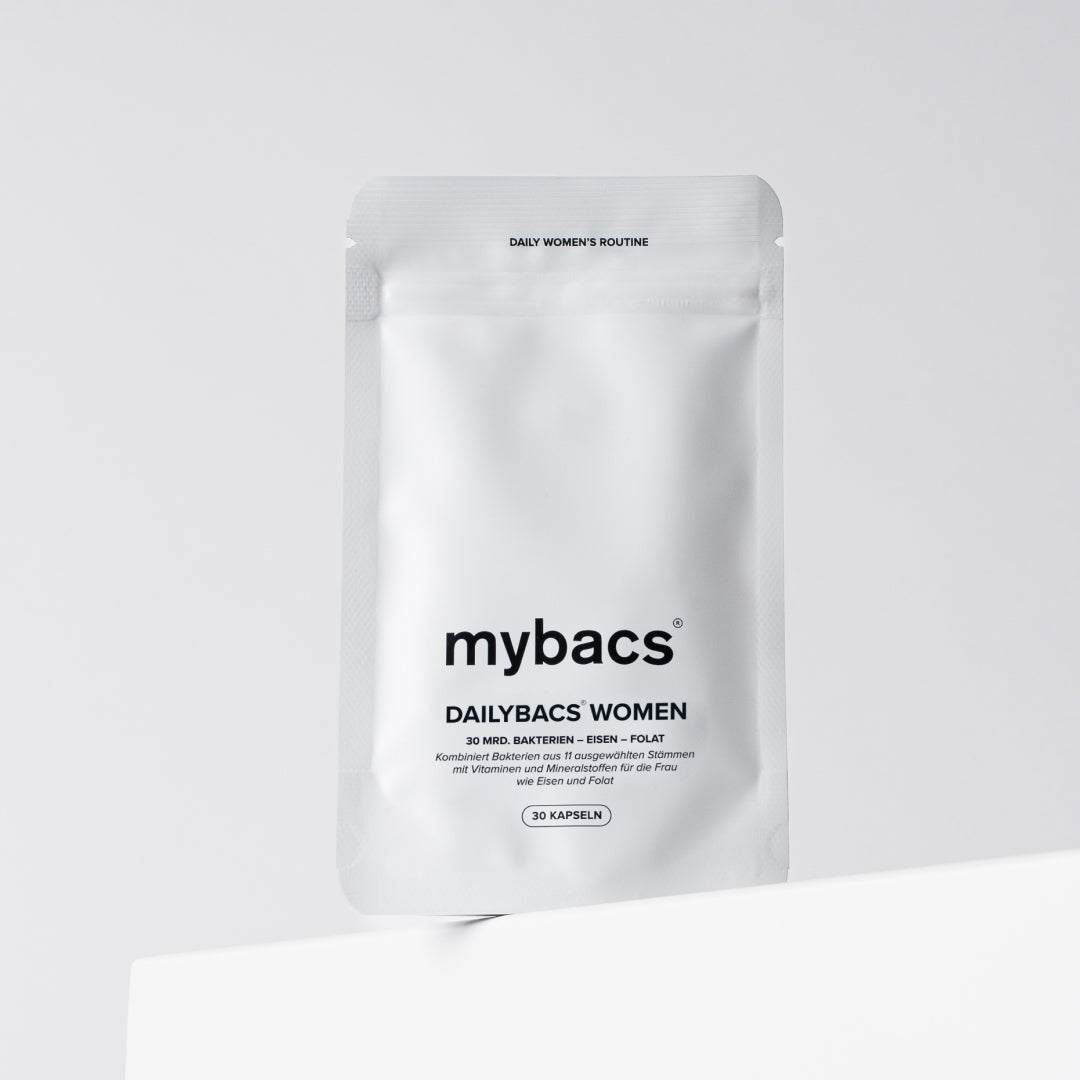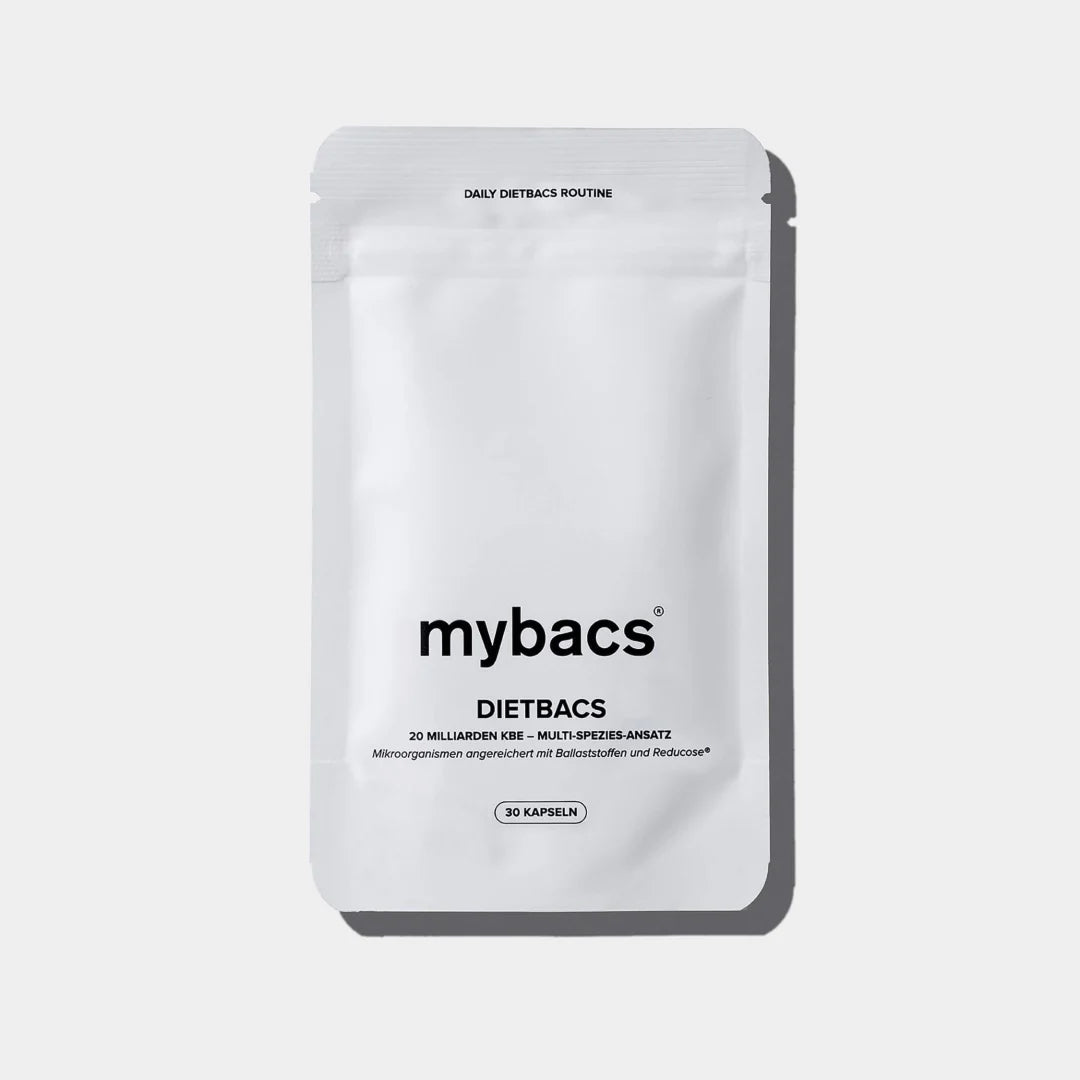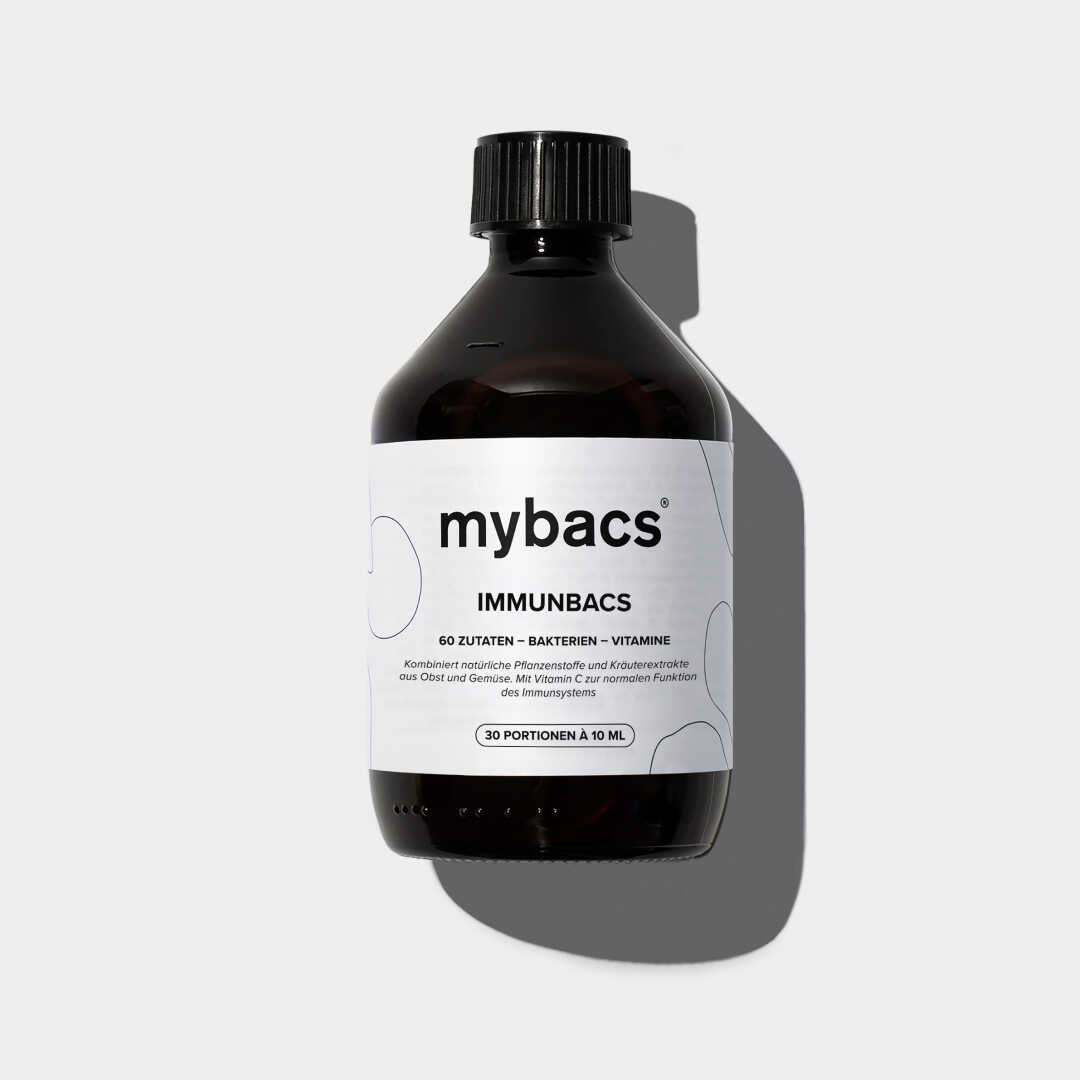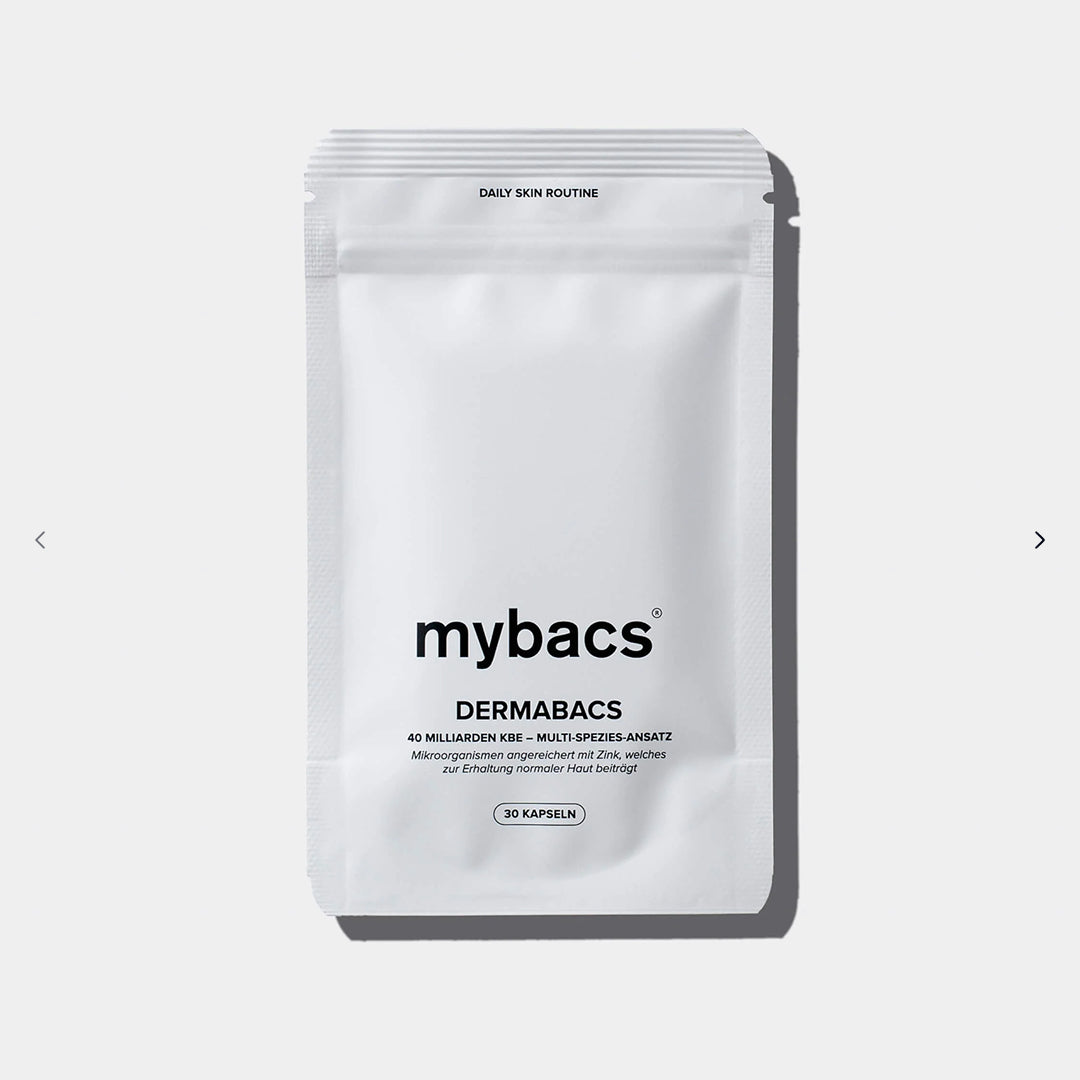Deep Dive - What exactly is it about?
It is now considered proven that our intestinal microbiome influences not only our digestion but also a multitude of our body systems, and above all, is in constant communication with our brain. The microorganisms in our intestines influence the processes in our brain. Interesting connections have now been identified between certain psychological and neurological problems and intestinal complaints. People with Irritable bowel syndrome For example, people with Parkinson's disease are more likely to be depressed, people with Parkinson's disease are prone to constipation, and people with autism spectrum disorders often suffer from digestive problems. We've already extensively explored the so-called gut-brain axis. Psychobiotics are probiotics that have a positive effect on the psyche when administered in the right amounts. The term was only coined in 2012, so this field of research is still very young, but it's growing rapidly and is considered very promising—and rightly so, we think! Therefore, we want to give you a brief insight into some of the scientific findings so far and the potential that probiotics and prebiotics have in this context!
And how do they work?
The pathways by which our body systems communicate with each other are extremely complex, so it is suspected that psychobiotics also work in many different ways. On the one hand, they enable the synthesis of certain neurotransmitters that influence our behavior, including serotonin, known as the happiness hormone. On the other hand, they can regulate our stress response by preventing excessive release of the stress hormone cortisol. Psychobiotics can also reduce inflammatory processes in the body and simultaneously increase glutathione, a protein known for its strong antioxidant properties and can therefore, among other things, prevent inflammation. Increased permeability of the intestinal mucosa is often associated with increased inflammatory activity in the body. This permeability can increase, for example, during acute stress. This fact is therefore also suspected of explaining the elevated inflammation levels measured in people suffering from depression or anxiety disorders.
Which bacterial strains have psychobiotic potential?
Interestingly, the greatest potential is attributed to bacteria of the genera Lactobacillus and Bifidobacteria, particularly the species B. breve and B. longum, of which various specific strains are also contained in Dailybacs, as well as the species L. rhamnosus and L. plantarum. Strains of this species are also found in Dailybacs. Bifidobacteria appear to be able to prevent inflammatory reactions and are capable of increasing tryptophan levels in the body. This makes them particularly interesting in research into psychobiotics, as depressive symptoms are associated, among other things, with a deficiency of tryptophan—a precursor to the neurotransmitter serotonin. This is presumably the reason why tryptophan can have a calming effect and improve mood.
Like all bacteria beneficial to humans, these little helpers benefit from additional "feeding" with prebiotics. Prebiotics can reduce the permeability of the intestinal mucosa and thereby prevent possible inflammation, which, as already mentioned, is observed, among other things, in patients with depressive or anxious moods.Particularly interesting prebiotics in a psychobiotic context are fructooligosaccharides (FOS) – a polysaccharide classified as a dietary fiber, found in chicory, for example – and galactooligosaccharides (GOS), which are found in breast milk, for example. (Incidentally, we also use chicory root extract in Dailybacs as an effective prebiotic.) It has been observed in both animals and humans that prebiotics of the Bimuno-GOS group (B-GOS) can positively influence emotional and cognitive processes. B-GOS, in turn, primarily promotes the beneficial bifidobacteria.
All these findings lead researchers to believe that synbiotics, as a combination of prebiotics and probiotics, may be particularly interesting in the context of psychobiotics. For example, it has been observed that synbiotics significantly reduce the tumor necrosis factor (TNF-α), which, when expressed in elevated amounts, can trigger inflammation. And this effect persists for several months after treatment. This finding could therefore help not only patients with inflammatory bowel disease, but also those suffering from mental illnesses. We can certainly look forward to further studies and findings in this area!
Psychobiotics as antidepressants?
In experiments on rats, some of which were treated with antidepressants and others with probiotics, comparable results have already been observed. However, since the data available is currently very sparse, psychobiotics do not yet represent a treatment alternative for humans. Too many questions remain unanswered regarding which specific bacterial strains and at what dosage might be helpful, and how these work in detail. Whether psychobiotics could be prescribed instead of conventional antidepressants in the future remains to be seen. A major advantage over classic antidepressants is that, unlike these medications, probiotics and prebiotics have hardly any side effects. The results so far are fascinating, and scientists are (cautiously) optimistic! Taking medication or supplements can, after consultation with a doctor or therapist, potentially be a useful complement to psychotherapy, but cannot replace it!
Practical application - Use the gut-brain axis today
It has already been proven that the microbiome can influence not only our gut, but our entire body, including our brain. We also use this approach in our products such as Dailybacs®, or our Good Mood Add-on.
The numerous strains of Lactobacilli and Bifidobacteria, as well as the prebiotics of Dailybacs®, are supplemented in our Good Mood Add-On with ashwagandha, saffron extract, vitamins, and 5-HTP, which contributes to serotonin production. This way, you're doing something good for both your gut and your mood. Your gut is the engine of health – if it's out of balance, nutrients can't be properly absorbed and therefore can't be utilized by the body.
Dailybacs® provide the foundation for balanced intestinal flora and ensure optimal nutrient absorption. Additionally, you can always support your body and mind with a balanced, fiber-rich diet, exercise, and meditation. This way, you can naturally improve your overall physical and mental well-being!






